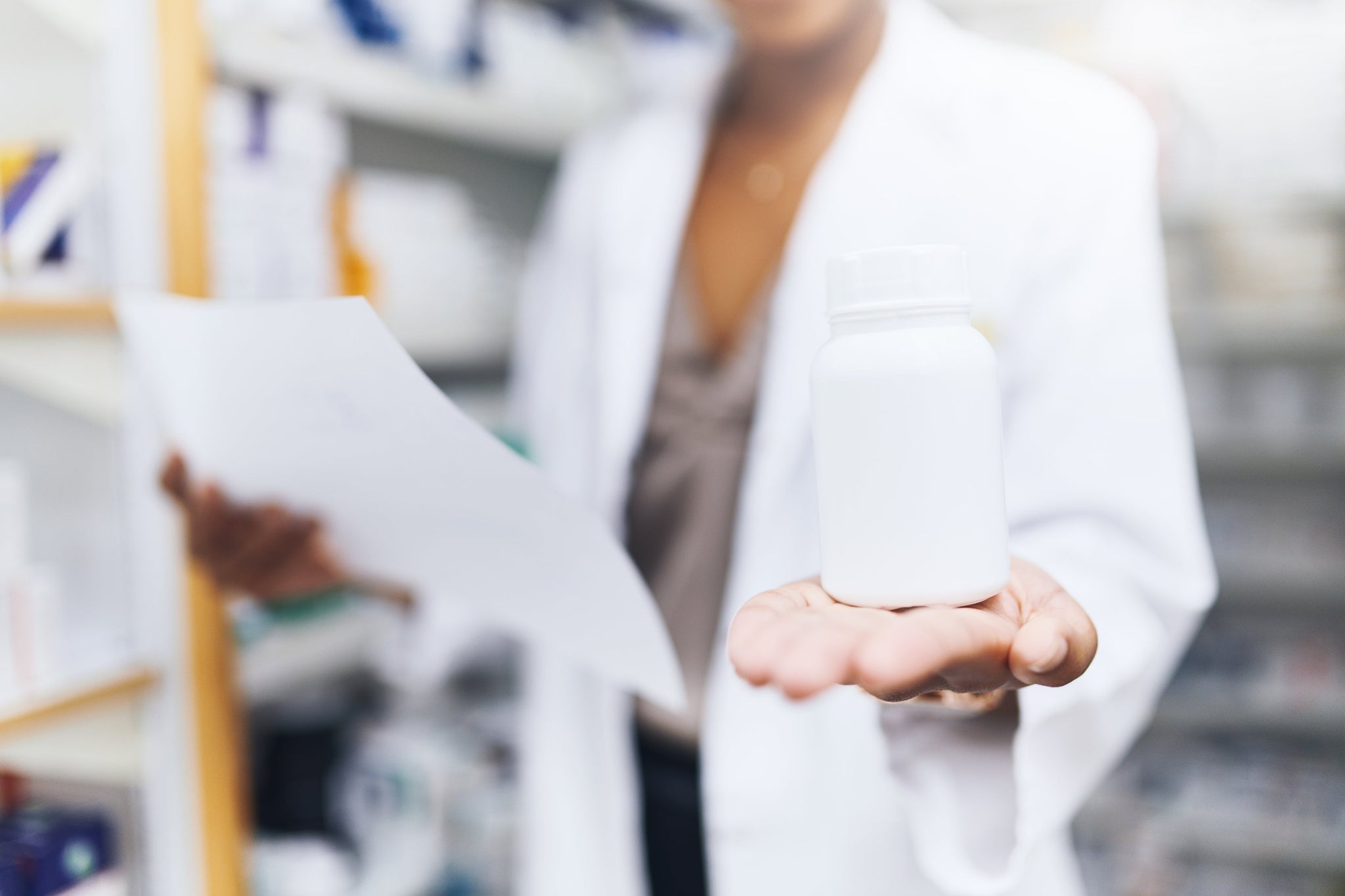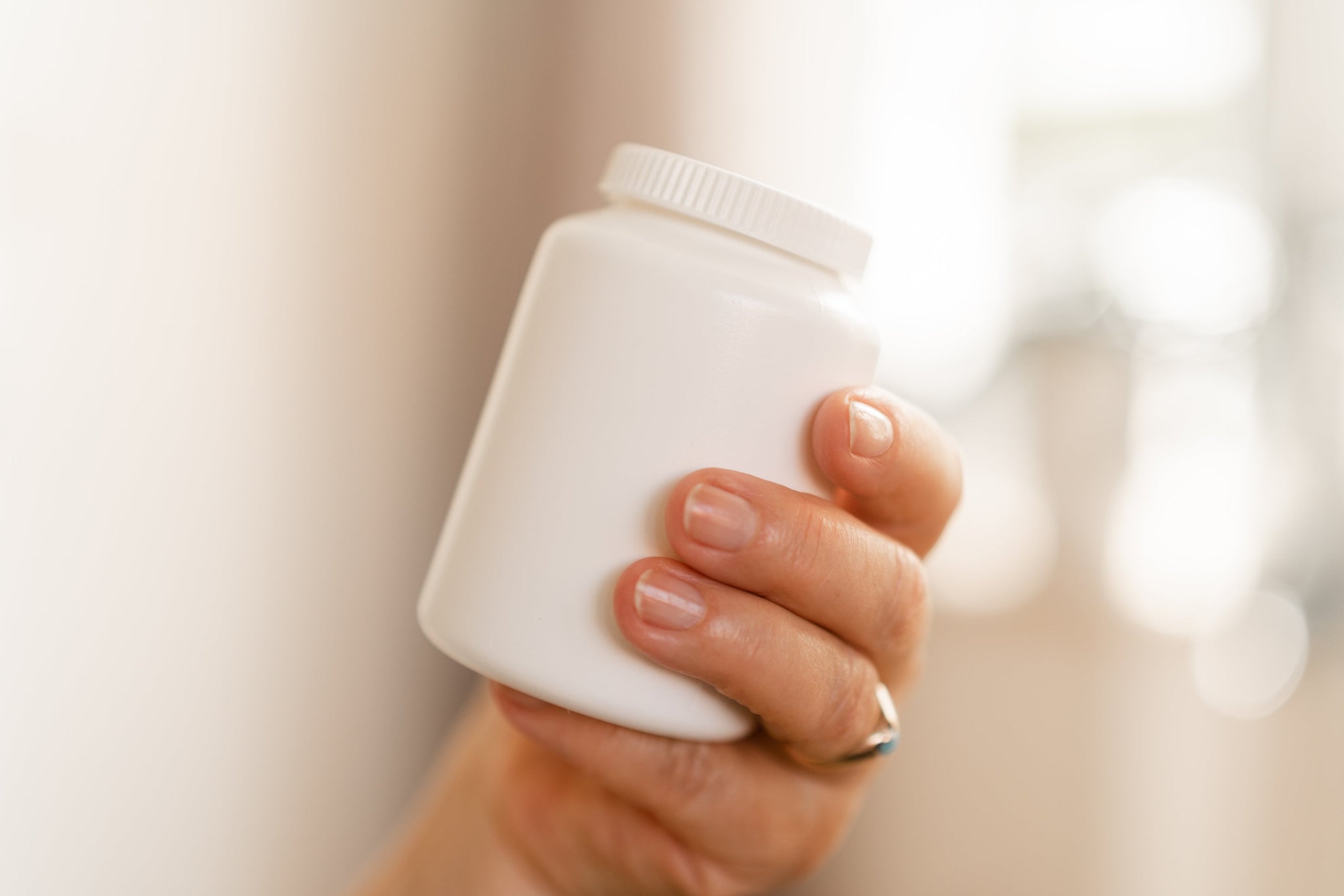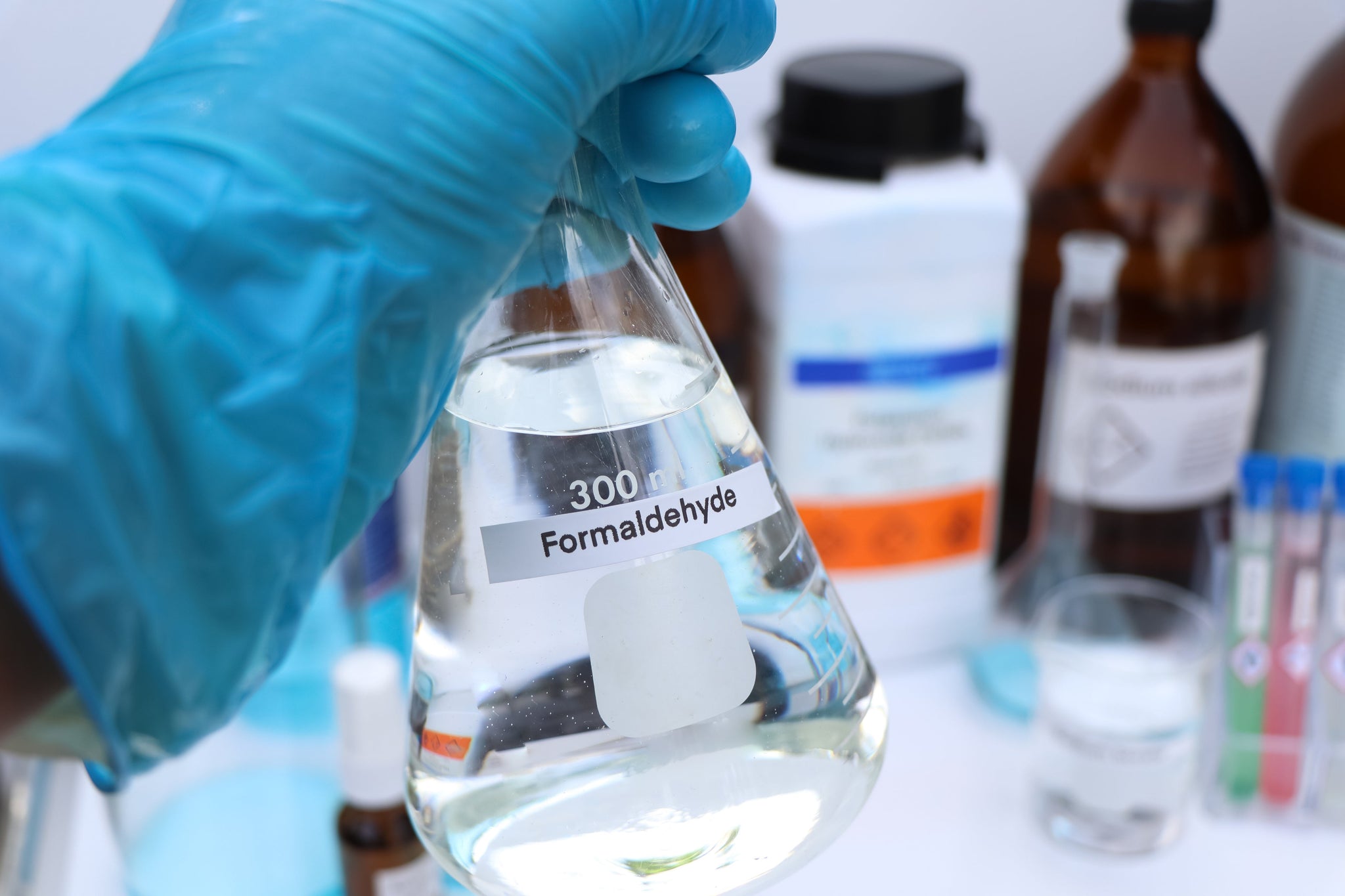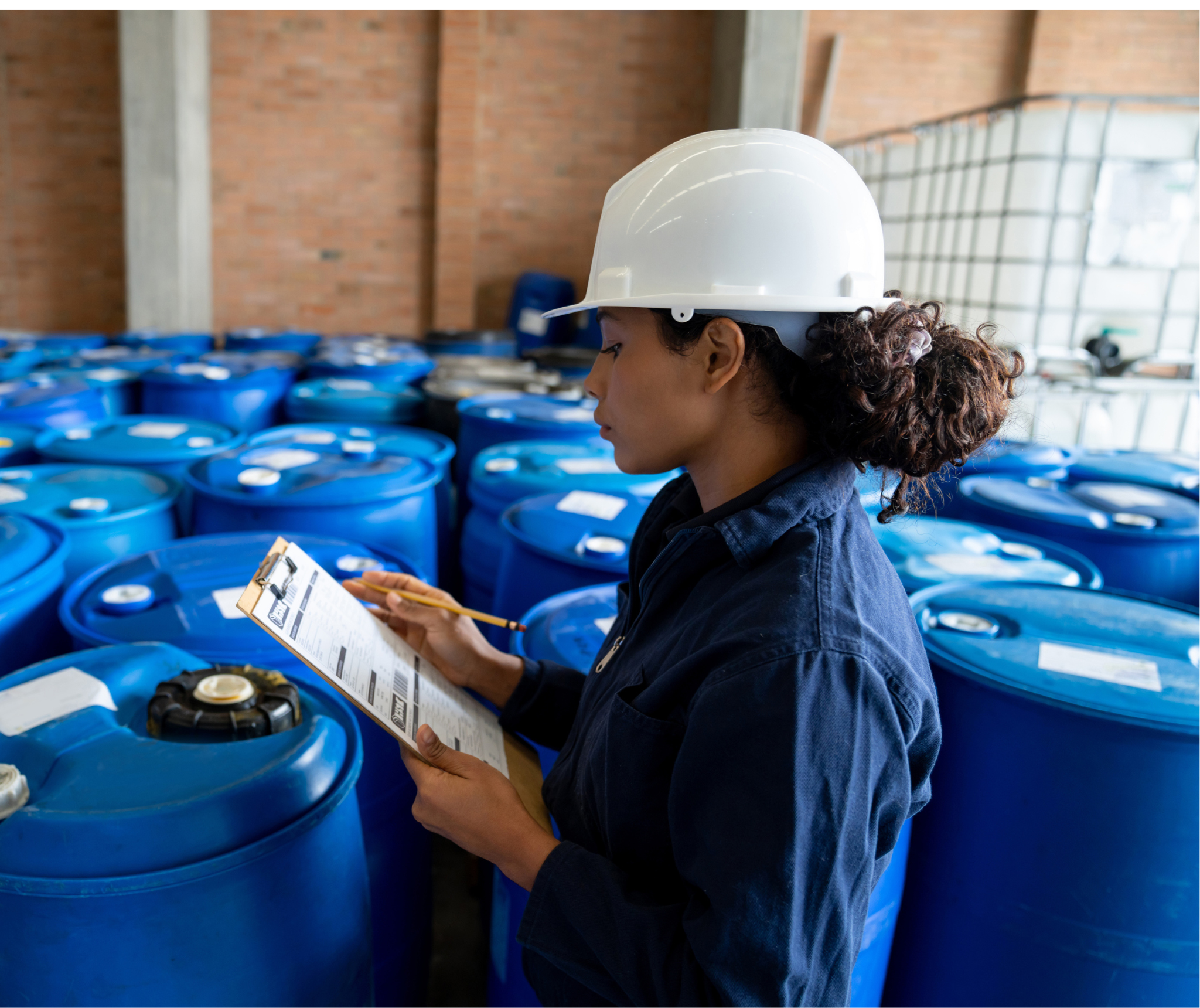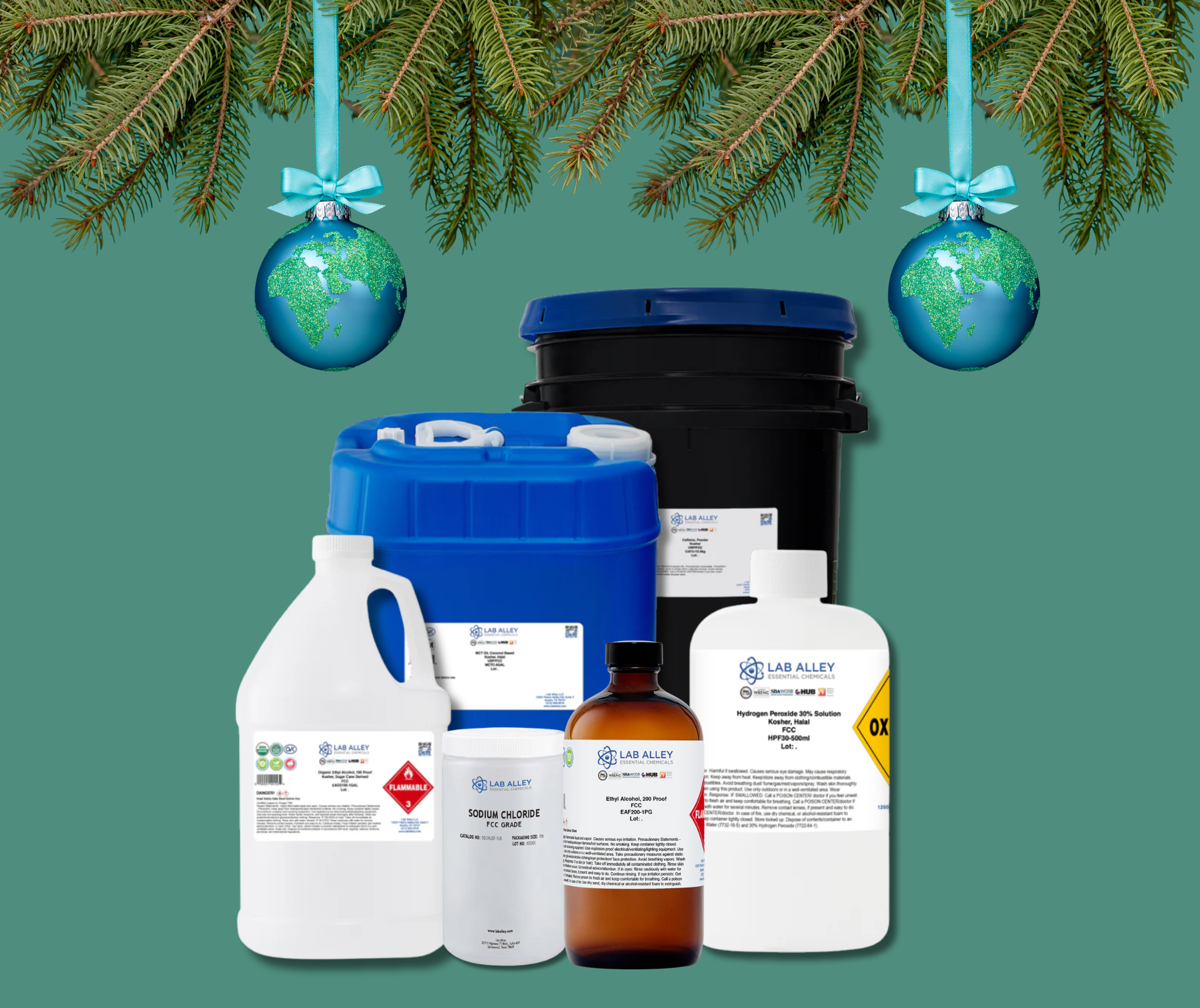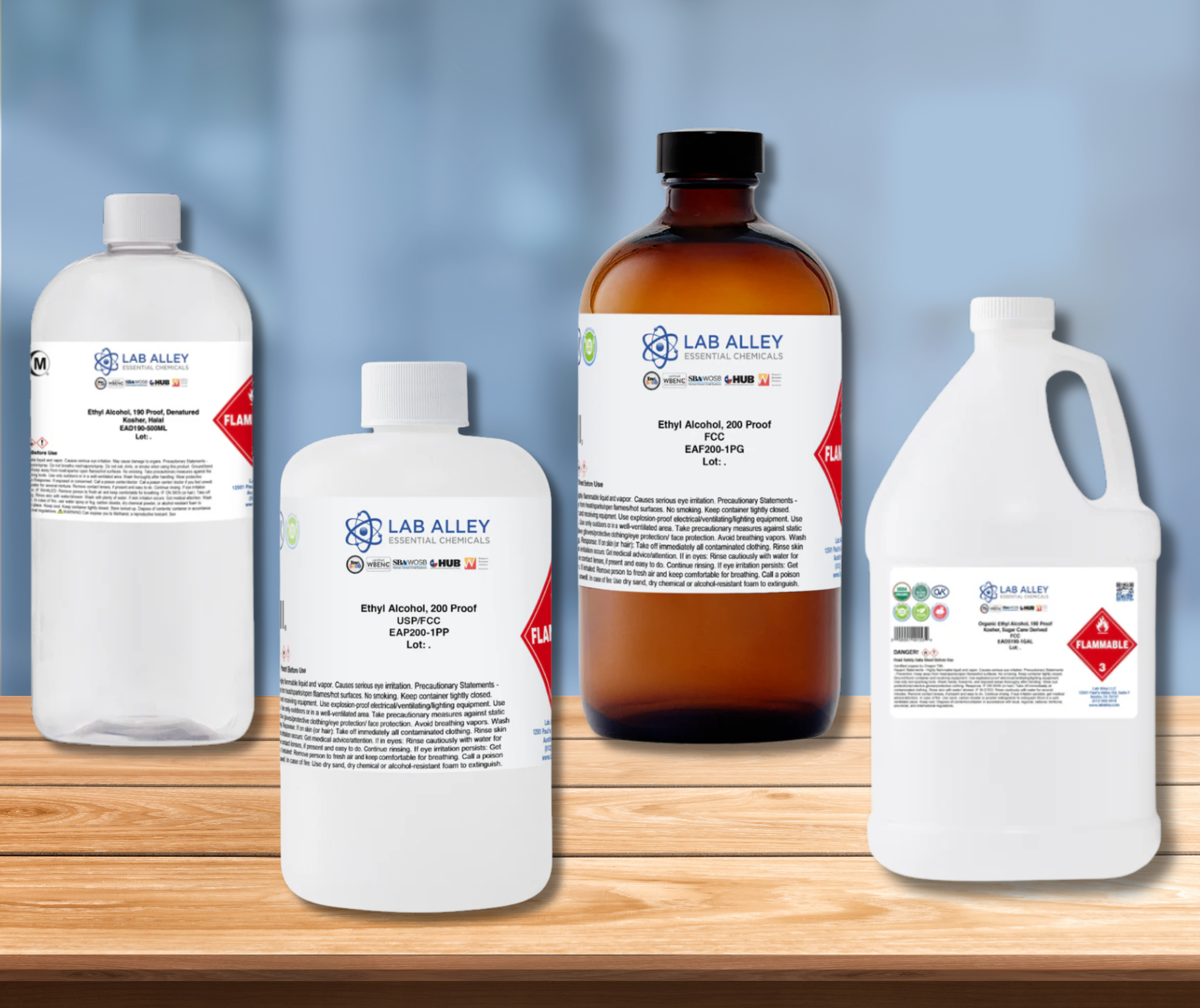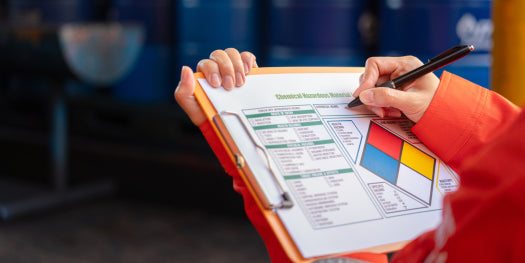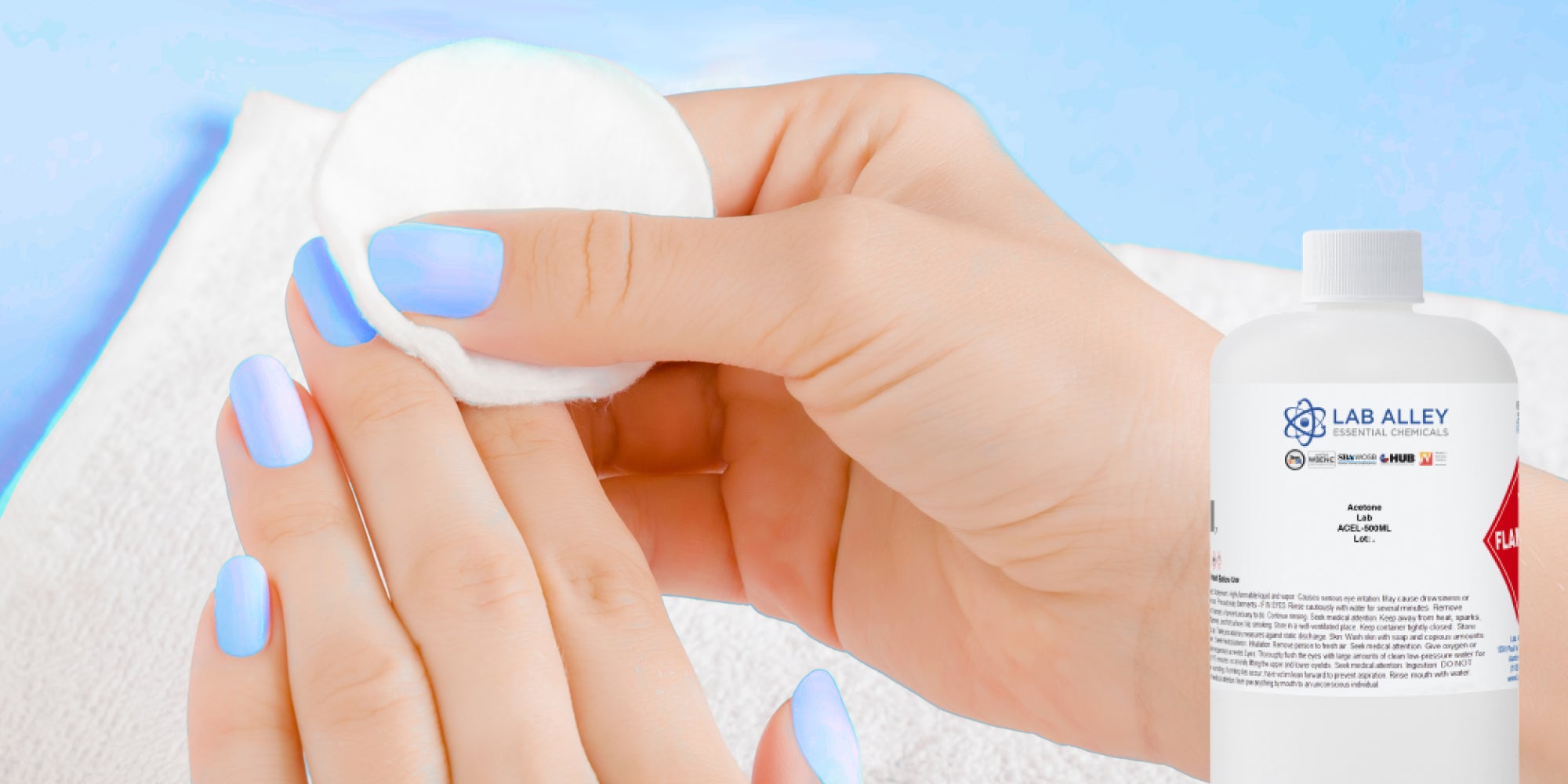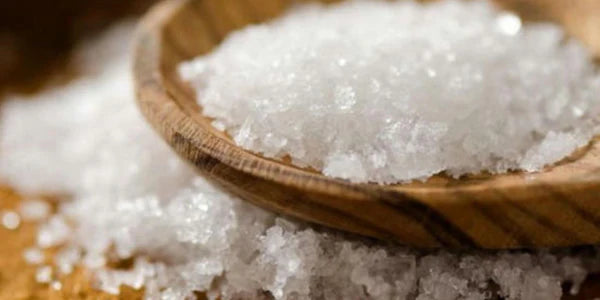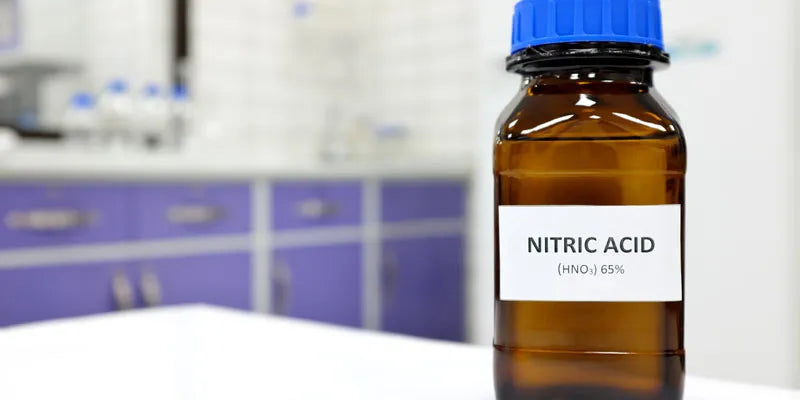Uses & Benefits
The versatility of magnesium chloride makes it valuable across multiple industries. Its applications span industrial operations, laboratory work, consumer products, and agricultural processes.
Industrial Applications
Magnesium chloride is widely applied in de-icing roads and walkways, as it remains effective at lower temperatures where other salts lose efficiency. It is also important for dust control on unpaved surfaces, helping reduce airborne particles.
Additionally, magnesium chloride acts as a precursor in the production of magnesium metal and various chemical compounds, supporting a broad range of manufacturing processes.
Scientific & Laboratory Uses
In laboratories, magnesium chloride functions as both a reagent and an analytical tool. It is used in synthesis and plays a role in regulating pH in chemical experiments, which helps ensure consistent and repeatable results. This makes it a dependable material in scientific research and analysis.
Consumer & Household Uses
For consumers, magnesium chloride is often found in bath salts and therapeutic bath flakes, valued for their mineral composition and potential soothing effects. It also appears in skincare and cosmetic formulations, where its mineral content contributes to product performance.
Specialized Applications
In agriculture, magnesium chloride is used to enrich fertilizers, correcting magnesium deficiencies in soil and supporting plant health. In the pharmaceutical sector, it serves as both an excipient and a therapeutic source of magnesium, particularly in formulations that address mineral deficiencies or medical treatments requiring magnesium supplementation.
Safety Information
Safe handling of magnesium chloride protects people, equipment, and the environment. Understanding its risks and following safety protocols helps minimize exposure and prevent accidents.
Hazards & Precautions
Magnesium chloride poses health risks when handled carelessly. Contact with skin, eyes, or the respiratory tract can cause irritation. Concentrated solutions or airborne dust may also be corrosive. Extended exposure without protective measures increases the likelihood of harm.
Personal Protective Equipment (PPE)
Appropriate PPE is essential when working with magnesium chloride. Safety glasses or chemical splash goggles protect the eyes, while chemical-resistant gloves and protective clothing reduce risks to the skin. Adequate ventilation is also required to minimize inhalation of dust or vapors, especially in enclosed spaces.
Storage Guidelines
Magnesium chloride should be stored in sealed containers at temperatures between 2 °C and 25 °C. Containers must be kept in dry areas to prevent moisture absorption, which can compromise stability. Contact with strong bases, metals, or incompatible substances must be avoided to prevent chemical reactions.
Spill & Disposal Procedures
In the case of spills, magnesium chloride should be contained quickly and absorbed with appropriate materials. Waste and contaminated absorbents need to be managed as hazardous waste and disposed of in compliance with local regulations. Following these steps reduces environmental and health risks.
Grades and Pack Sizes
Magnesium chloride is widely available from chemical suppliers in multiple grades and packaging sizes to suit industrial, laboratory, and commercial needs.
Available Grades & Purities
- USP Grade: Meets pharmaceutical standards for therapeutic and excipient use.
- ACS Reagent Grade: High-purity grade meeting American Chemical Society standards for laboratory and analytical work.
- Industrial Grade: Suitable for large-scale industrial applications where ultra-high purity is not required.
- Laboratory Grade: Appropriate for general lab use and research applications.
Pack Sizes & Bulk Options
- Small quantities: 1 kg bottles for laboratory and small-scale applications.
- Intermediate quantities: 25 kg bags or containers for mid-scale production needs.
- Bulk: 100 kg drums, 1000 kg super sacks, and bulk shipments for industrial operations.
For premium-quality magnesium chloride in a range of grades and packaging sizes, Lab Alley offers reliable, lab-tested options for industrial operations, research facilities, and manufacturers.
Our products include detailed documentation, responsive customer service, and nationwide shipping to ensure you receive the right material for your needs. Contact our sales team for quotes, bulk pricing, or Certificates of Analysis.









